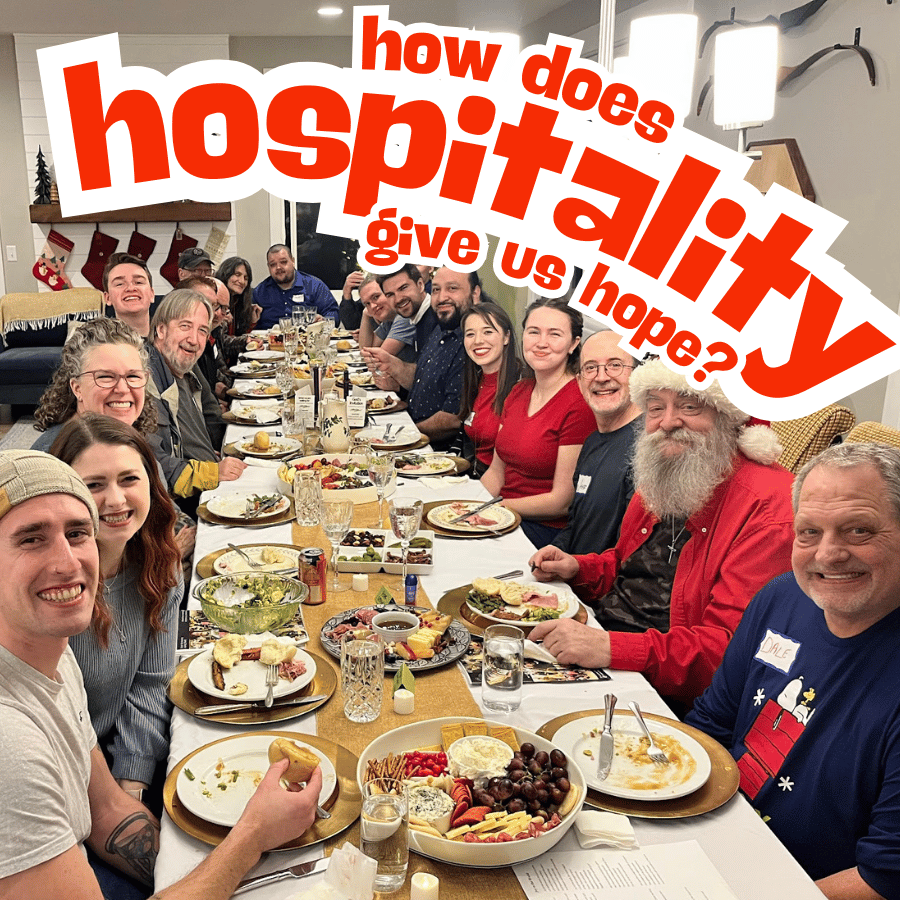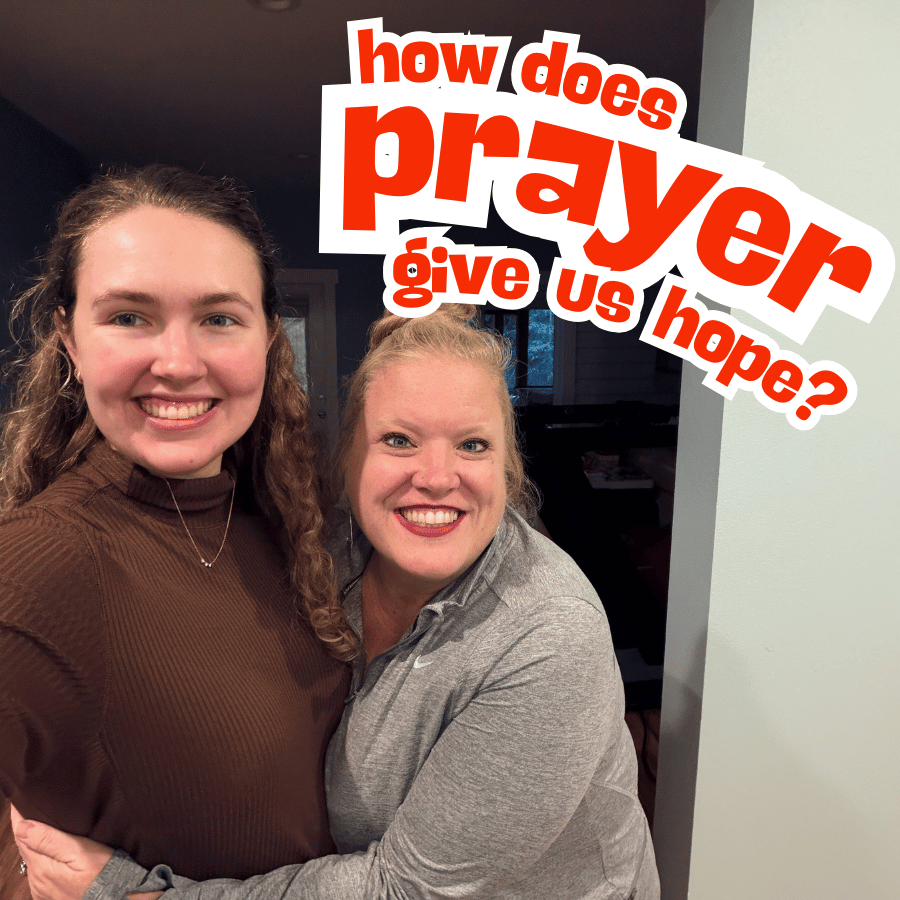Doing Nothing Is, In Fact, a Habit
Written by Emma McCoy
3 minute read
The habits that I don’t think about are some of my favorite ones, precisely because I don’t have to think about them. Opening my blinds in the morning, petting my roommate’s dog before I leave for class, praying every day at noon, calling my mom or dad when I leave campus, drinking a vitamin water while I make dinner, brushing my teeth, and closing my blinds.
At the same time, I deeply cherish the habits I do have to think about, precisely because the act of consciously remembering and choosing to do them means I cherish them. Memorizing some Scripture when I get up, cleaning the kitchen before my roommate wakes up, going to the gym, packing my lunch, writing a few paragraphs of my book, tidying my room at night, and thanking God for another day before I go to sleep.
I think that, sometimes, our culture can get obsessed with habits in a bad way.
Articles about the science of habit, TED talks about the best way to pick up a habit, or break one, and New Year’s resolutions chiming at us from every social platform available because surely this year you can be the best version of yourself as long as you buy this green powder and $60 skin cream.
While learning about habits can be good, I find that putting too much pressure on something works against my goals rather than for them (at least for me). During the past five years at Spring Church, we’ve picked up a lot of spiritual practices as a community, and a lot of them can be considered habits.
Prayer, small groups, observing church holidays, using the FASTER scale, and playing together, for example.
Any one of the things we’ve done together deserves its own blog, but I’ve chosen one in particular to highlight based on my own experience. I write the blog, I make the rules (please don’t fire me, dad).
As someone who’s prone to overwork, the spiritual practice of Sabbath has been invaluable for my mental and physical health. Taking an entire day where I do no homework, no workouts (not counting hiking or yoga), no errands, and where writing is optional is crucial for my time as an undergraduate and graduate student. While I don’t work a 9-5 right now, all the odd hours and thesis research and homework and tutoring and teaching and shadowing and reading can make me spiral out of control. But by firmly pushing all the work to either side—Friday on one arm and Sunday on the other—like I’m straining against two walls closing in, I create a space that’s for me, God, and the loved ones around me.
At first, I thought I could just take a couple free hours here and there, and I didn’t need to dedicate an entire day to Sabbath. That was unrealistic.
There’s just too much to do! But then I found that I would spend those free hours half-thinking about all the stuff I wasn’t doing by reading a book, or watching a show, or sitting outside in the grass. When I finally tried setting aside an entire day, it was me giving myself permission to not think about work all day long, bracketed by sleep on either end.
It was the emphasis on the importance of Sabbath, taught by Spring Church about two or three years ago, that really helped me pick up this habit halfway through my junior year of college.
There were certainly hard parts about it, and it took some getting used to, but now, in graduate school, Saturdays are my refuge where I can eat, rest, play, delight, and love, with whatever that looks like on that particular day.
This Sunday, here at Spring Church we’re going to sit down and reflect on the spiritual practices and habits we’ve picked up along the way these last five years. We’re going to see if there have been any fruits of these labors (like, for example, a huge reduction of my stress thanks to Sabbath), and we’re going to see if there’s anything we can share.









3-minute read